Biosecurity is a crucial component of successful chicken layer farming, as it helps protect flocks from diseases, pests, and other harmful agents. Effective biosecurity measures minimize risks, ensuring consistent egg production and farm profitability. Below are the key aspects of biosecurity and their implementation in poultry farming.
Control Farm Access
Controlling farm access is vital in preventing the introduction of diseases by humans, animals, or equipment. Limiting access to essential personnel and using disinfectant footbaths at all entry points are key practices. Visitors and workers should be required to wear protective clothing to avoid contamination.

Quarantine New Birds
Quarantining new birds is another essential practice. Introducing new birds to the flock without proper checks can lead to disease outbreaks. It is important to isolate new birds for at least two weeks before adding them to the main flock and monitoring for signs of illness during the quarantine period.
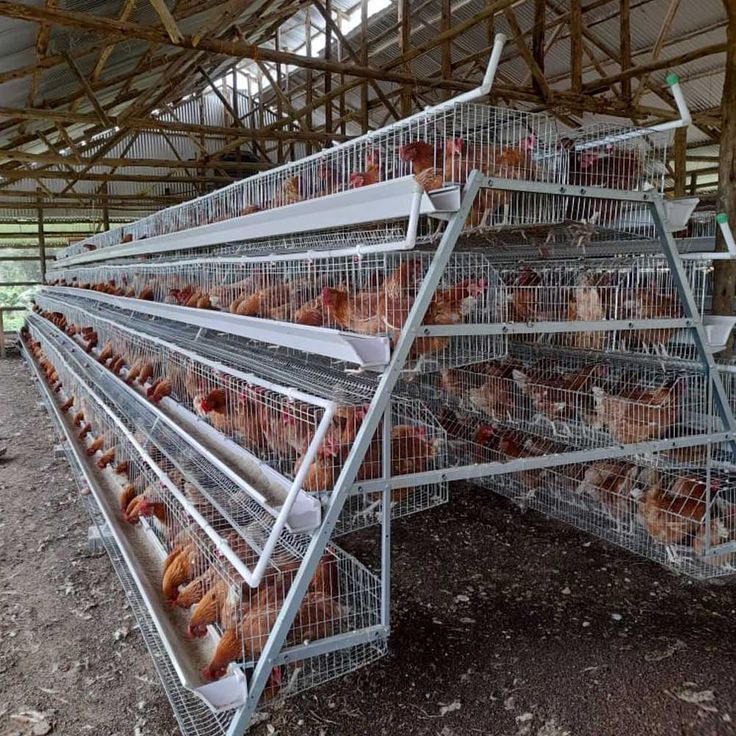
Maintain Clean Housing
Maintaining clean housing is also a fundamental aspect of biosecurity. Unclean housing creates breeding grounds for pathogens, which can lead to infections. Regular cleaning and disinfection of coops, nesting boxes, and feeders are essential.
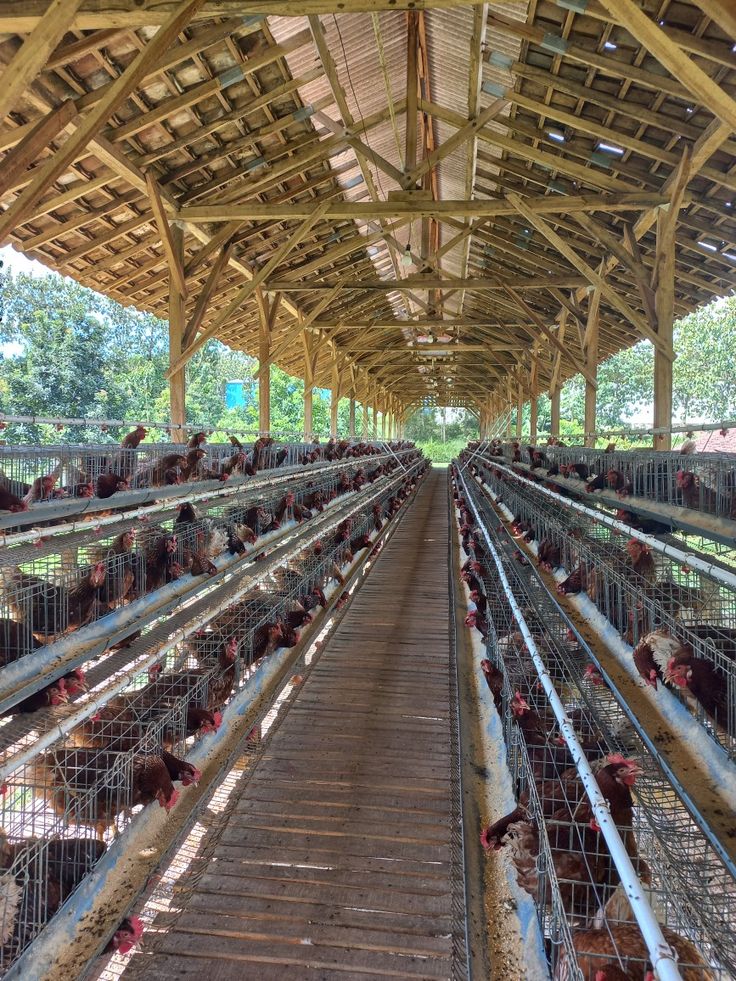
Manage Feed and Water Hygiene
Feed and water hygiene should not be overlooked, as contaminated feed and water are common sources of infection. Storing feed in sealed containers protects it from rodents and pests. Providing clean, fresh water and regularly sanitizing drinkers is also necessary to ensure the birds’ health.
Vaccination Programs
A robust vaccination program is essential for preventing common poultry diseases like Newcastle Disease and Marek’s Disease. Farmers should follow recommended vaccination schedules based on their location and disease prevalence. Keeping detailed records of all vaccinations administered ensures proper management of flock health.
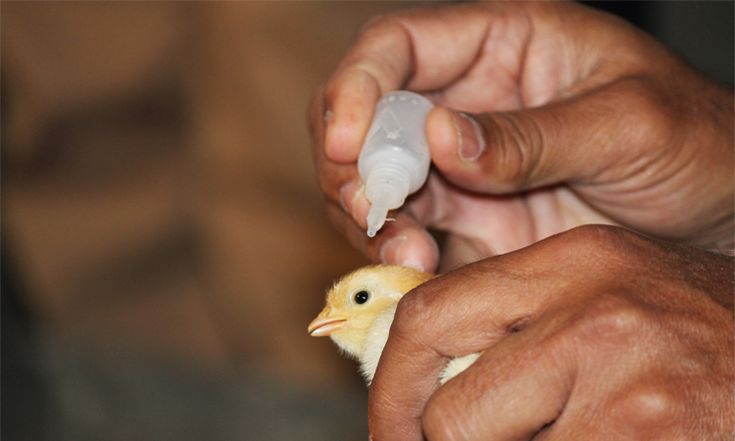
Control Rodents and Pests
Controlling rodents and pests is another critical aspect of biosecurity. Rodents and insects can carry diseases that affect layers, so installing traps and barriers around the chicken house can help keep them out. Using insecticides or natural pest control methods helps to eliminate mites, flies, and other pests that might harm the flock.
On a similar note, at Kimd Group of Companies, we support beginner farmers by offering tailored business proposal writing services and design plans for various animal capacities. Therefore whether you’re just starting out or looking to expand, we provide the resources and expertise to help you succeed in the farming industry.
Dispose of Dead Birds Safely
Disposing of dead birds safely is also essential in preventing disease spread. Improper disposal can attract pests and predators, so it is important to bury or incinerate dead birds away from the flock. Leaving carcasses exposed should be avoided, as this can create an unhealthy environment for the rest of the birds.
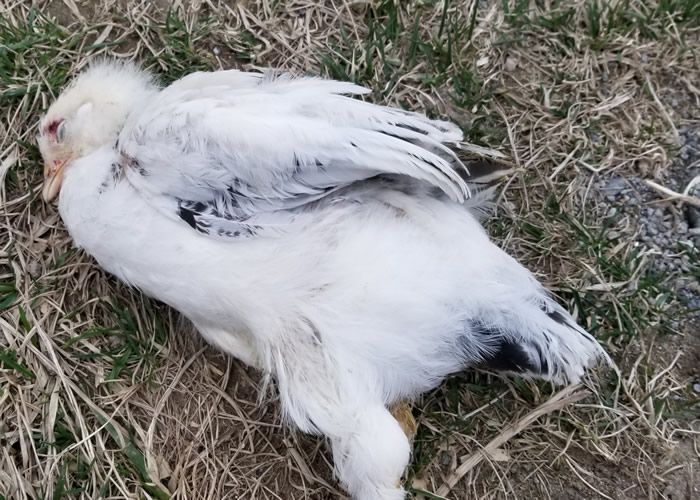
Monitor Flock Health
Monitoring flock health is crucial for early detection of illness, which helps to prevent the spread of disease. Birds are observed daily for signs of lethargy, abnormal droppings, or reduced egg production. Sick birds should be isolated immediately, and consultation with a veterinarian is necessary for diagnosis and treatment.
Educate Farm Workers
Lastly, educating farm workers is vital. All workers should understand the importance of biosecurity and follow protocols diligently. Regular training sessions on hygiene and disease prevention are conducted, with an emphasis on the consistency of implementing biosecurity measures.
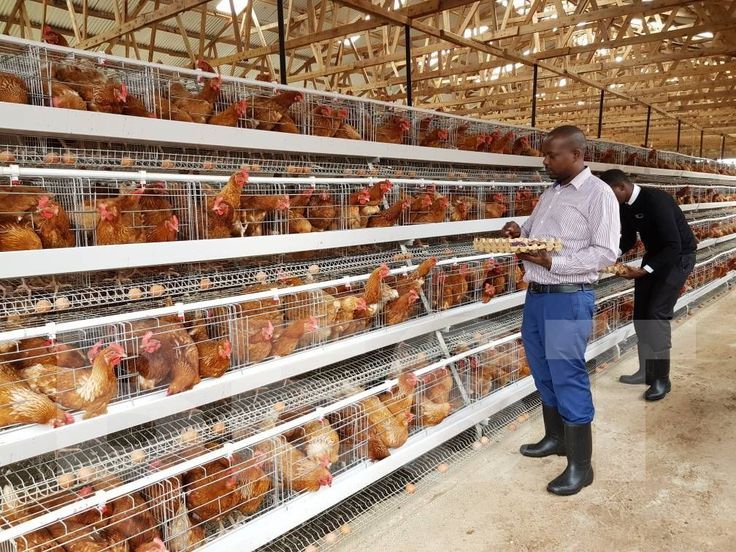
Conclusion
Biosecurity is vital for protecting chicken layers from diseases and ensuring the sustainability of poultry farming operations. By implementing strict biosecurity practices, farmers can safeguard flock health, reduce economic losses, and maintain high levels of egg production.
